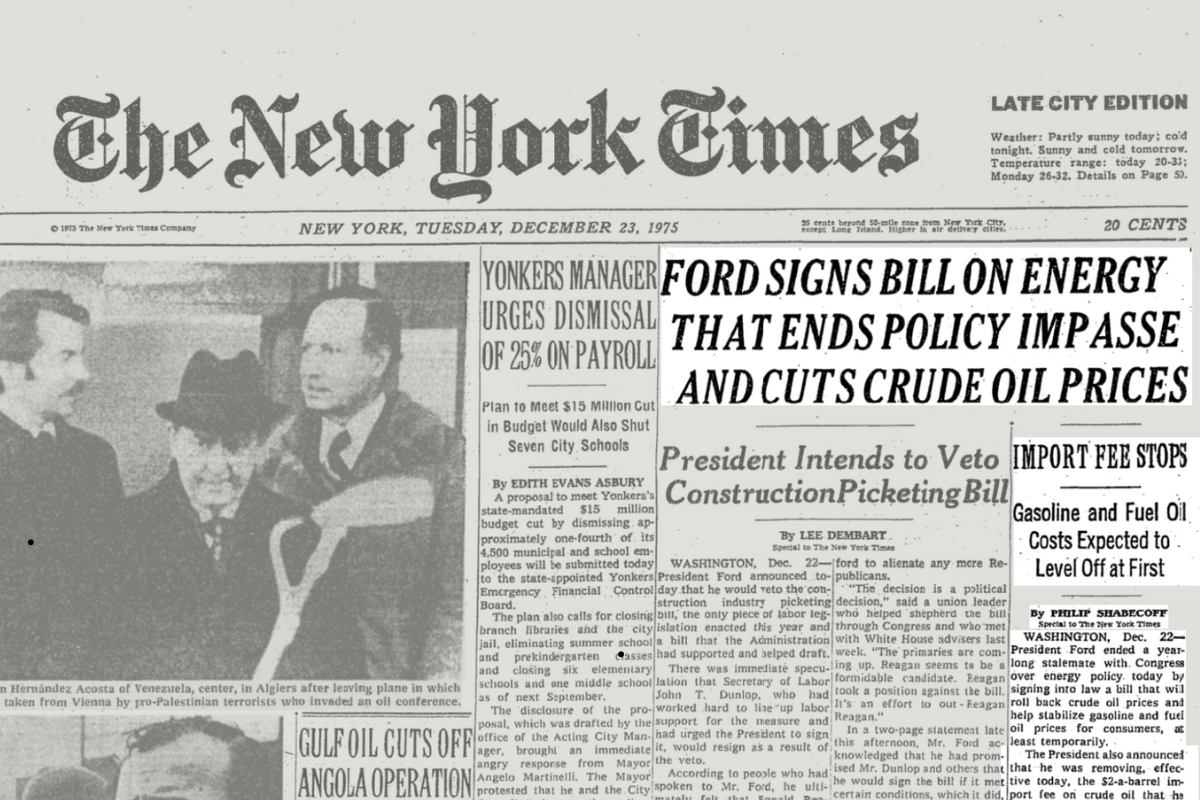Marbury v. Madison (1803)
It has been said that Marbury v. Madison is the most significant case ever decided by the U.S. Supreme Court. The accolade may be overstated because the legal dispute between Marbury and Madison was left unresolved. There is little doubt, however, that Chief Justice Marshall’s opinion is among the most cited by subsequent courts and the most commonly taught in American schools. College courses in American politics and American constitutional law typically cover Marbury v. Madison as a starting point for understanding the role of the judiciary in the American political system. What makes the case and Marshall’s opinion important?
To answer this question requires a brief review of the case and its context. Late eighteenth-century American politics was dominated by the Federalists until Thomas Jefferson defeated John Adams in the 1800 presidential election. In those early years of the Constitution, American constitutionalism was taking shape. The parchment document provided structures, processes, and powers, but it was left to the nation’s political leaders to put the Constitution’s provisions into motion, to conduct politics according to and within the dictates of the document or to violate constitutional fidelity. The personalities and ideological prejudices of political leaders shaped how the document was interpreted and the extent to which its overarching principles and spirit were followed.
All Supreme Court decisions involve a legal dispute. In Marbury v. Madison, the dispute stemmed from a law passed by Congress, the Judiciary Act of 1789, that addressed details of the federal judiciary that were left out of the Constitution. In section 13 of the law, Congress gave the Supreme Court the power to issue writs of mandamus as part of the Court’s original jurisdiction.
At the end of the John Adams administration, as the Democratic-Republicans replaced the Federalists as the dominate political party, Congress passed, and Adams signed into law the Judiciary Act of 1801. That law allowed Adams to pack the federal courts with loyal Federalist judges, and it ensured that Federalist influence would outlive its political popularity. As Adams packed the courts, the Jeffersonians fumed.
So flurried was the packing of the courts that John Marshall, then Adams’s secretary of state, was unable to deliver several commissions to individuals appointed to federal courts. One of these was intended for William Marbury who Adams intended to serve as a justice of the peace for the District of Columbia. When Marshall left his position as secretary of state to become Chief Justice of the Supreme Court, he left a note asking Jefferson’s secretary of state, James Madison, to deliver the undelivered commissions. After Adams’s court packing, President Jefferson and Secretary of State Madison were in no mood to honor Marshall’s request. The commissions went undelivered.
Marbury was caught in the middle of a political dispute, but he was determined to receive his commission. When Madison refused to deliver it, Marbury filed suit against Madison directly in the Supreme Court suggesting that the case fell under the Court’s original jurisdiction. Marbury had every reason to believe that the Supreme Court had original jurisdiction in the case. The Judiciary Act of 1789 gave the Court the power to do exactly what Marbury wanted, issue a writ forcing Madison to give the commission to Marbury.
The legal questions presented by the case were clear, up to the point where they were obscured by the Judiciary Act of 1789. When Marshall asked if Marbury was legally entitled to his commission, the answer was clear, he was. When Marshall asked if Madison had the legal authority to deny Marbury the commission, the answer was clear, he did not. When Marshall asked if Marbury’s request for a writ of mandamus ordering Madison to hand over the commission to Marbury could be granted by the Court, the answer was fuzzy. While issuing such a writ would provide a remedy to the legal dispute, the power to issue writs of mandamus as part of the Supreme Court’s original jurisdiction was deemed to have been unconstitutionally granted to the Court by Congress. In short, section 13 of the Judiciary Act of 1789 was unconstitutional because it changed the Supreme Court’s original jurisdiction, and the Constitution does not give Congress the power to alter the original jurisdiction of the Supreme Court. After declaring section 13 of the law unconstitutional, the Court had no remedy with which to resolve the dispute between Marbury and Madison, and Marbury could not appeal the decision because he filed suit directly in the Supreme Court from which there is no appeal.
Why, then, would a case that was undecided because of an issue related to jurisdiction have such significance in the history of American constitutional law? The answer is twofold. First, in 1803 when the case was decided, the role of judicial review was unsettled. Some argued that the federal courts did not possess it, others that it was limited to cases from the states. In Federalist 78, Alexander Hamilton called the federal judiciary the “lest dangerous” branch of the national government because it has “neither Force nor Will but merely judgment.” He added that the courts were dependent on “the aid of the executive arm even for the efficacy of its judgments.” In short, the judiciary was widely perceived as weaker than the legislative or executive branches. Marbury v. Madison changed that perception and the reality of judicial power. It elevated the judiciary by striking down an act of Congress for the first time. On a related note, Marshall’s decision avoided a showdown with the executive branch that the Court was surely to lose. Had the Court issued an order that it was powerless to enforce, the president would likely have refused to comply, and the perception of the judiciary’s weakness would have been validated. Even though Marbury, a Federalist, was legally entitled to his commission and Madison, a Democratic-Republican, acted wrongfully, President Jefferson could not defy the Court because the Court did not order his secretary of state to hand over the commission.
The second reason why the case is significant has become more apparent as time has passed. In declaring section 13 of the Judiciary Act of 1789 unconstitutional, the Court denied itself power; it refused to exercise the power to issue writs of mandamus as part of its original jurisdiction. Instances of government officials rejecting the temptation to expand their power are rare. And yet the willingness to refuse unconstitutional power and to remain within the boundaries of the Constitution are essential if constitutional government is to function as intended. Marshall may have been motivated by self-interest, to some extent, but he exhibited republican virtue when he put the integrity of the Constitution before political advantage. In that regard, the significance of Marbury v. Madison has less to do with its legal ramifications and more to do with the exemplary way in which it put republican virtue before partisan power.
Professor of Political Science at Middle Tennessee State University
Related Essays




